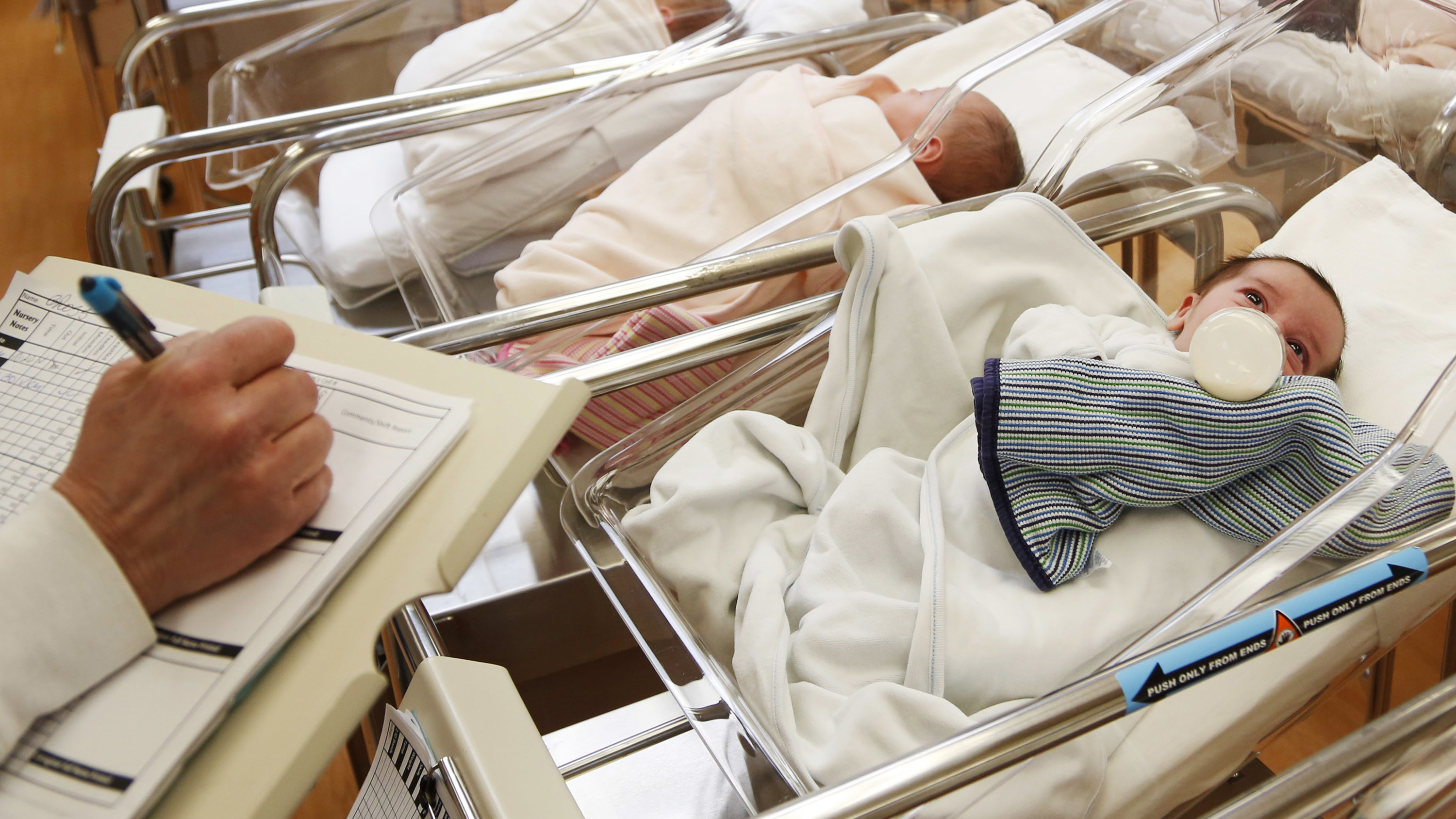Having a baby is an exciting time for many people but it can be a very expensive one too.

For each one percentage point reduction in benchmark interest rates, birth rates rose by five percent among UK families paying adjustable-rate mortgages that go up or down along with the BoE's Bank Rate, according to the bank's research (File photo: AP)
Many take into consideration their finances before deciding to start a family, but can interest rates actually influence their decision?
It can, according to a Bank of England (BoE) paper published on Friday.
The birth rate in the UK rose in 2009 after the central bank slashed borrowing costs during the global financial crisis, according to its researchers.
An extra 14,500 babies were born in 2009 in the UK, say Fergus Cumming and Lisa Dettling. The two BoE researchers wanted to see if the influence of central bankers went as far as families considering whether or not to have a baby.
"On average for the UK, a one-percentage-point decline in the policy rate increases birth rates by 2 percent," they said in a paper published on Friday.
In contrast with Britain, the birth rate in United States fell during the period studied by the researchers. Researchers argue this is linked to the prevalence of fixed-rate mortgages in the United States and the impact of property price declines.
"Our descriptive comparisons with the U.S. suggest that if more families had been able to obtain a lower interest rate, the U.S. might not have experienced as severe of a 'baby bust' in the Great Recession," they said.


